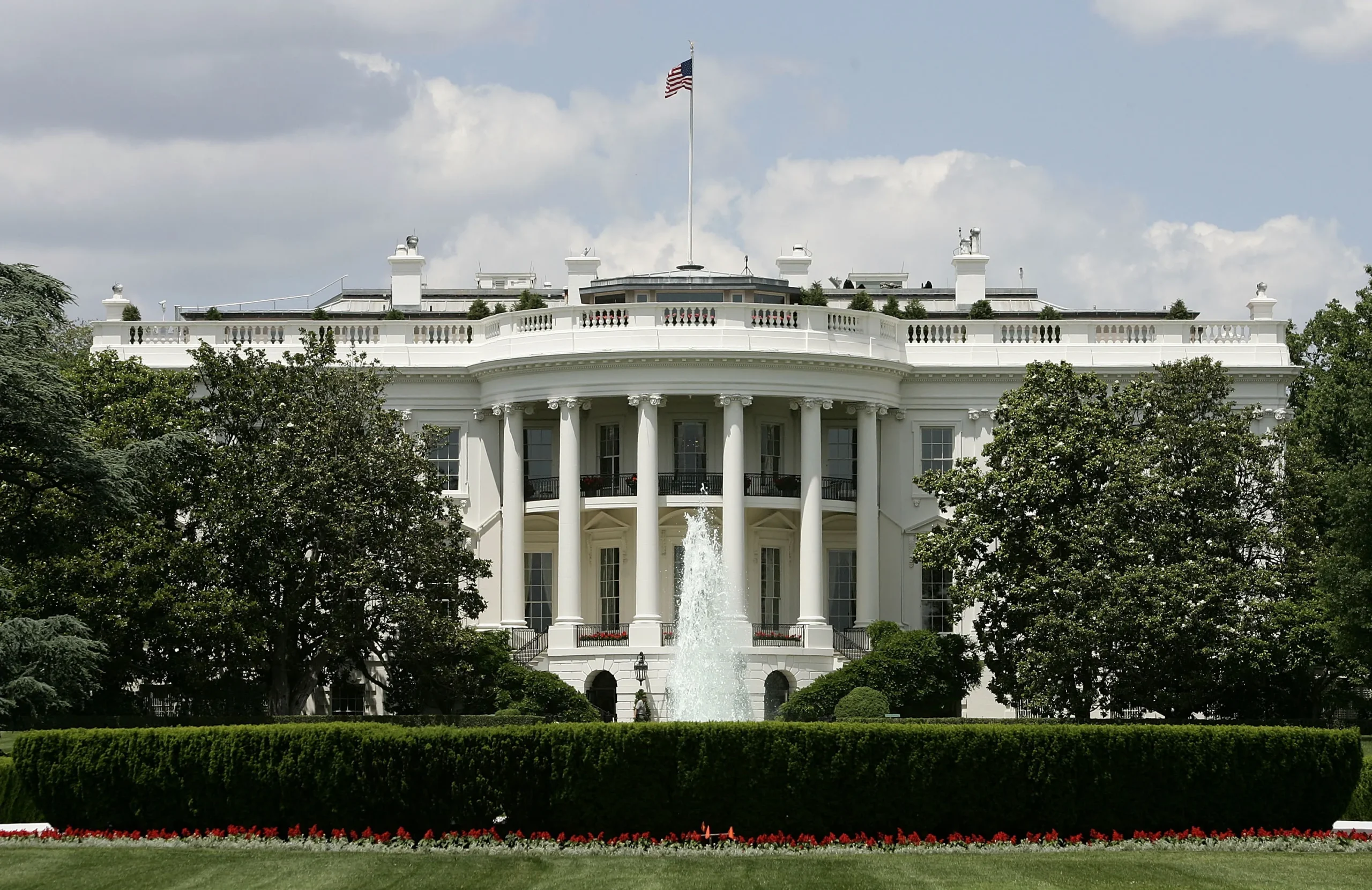Trump’s Bold Deportation Plans: What You Need to Know Now
In a dramatic escalation of immigration enforcement, former President Donald Trump has unveiled an ambitious and controversial plan to conduct what he calls the largest mass deportation operation in U.S. history. The proposed strategy signals a stark departure from current immigration policies and threatens to reshape the landscape of immigrant communities across the nation.
The Core of the Deportation Strategy
Trump’s plan centers on an aggressive approach to immigration enforcement that would:
- Expand expedited removal programs
- Target immigrants with criminal records
- Challenge sanctuary city laws
- Increase ICE enforcement capabilities
The proposed strategy aims to reverse Biden-era immigration policies that Trump claims have been overly lenient. “We will restore law and order at the border,” Trump stated in a recent campaign rally, signaling his commitment to a hardline immigration stance.
Potential Impact and Scope
Experts predict the deportation plans could affect hundreds of thousands of undocumented immigrants. The strategy would prioritize individuals with criminal backgrounds but potentially extend to broader immigrant populations.
Key states like Texas and Florida could experience significant disruptions. Local communities are already expressing deep concerns about the potential social and economic consequences of mass deportation efforts.
Legal and Logistical Challenges
Trump’s previous deportation attempts faced substantial legal obstacles. Advocacy groups are preparing extensive legal resources to challenge the proposed policies. “We are ready to defend immigrant rights through every available legal mechanism,” said Maria Rodriguez, a prominent immigration rights attorney.
The administration plans to leverage U.S. Immigration and Customs Enforcement (ICE) extensively, potentially expanding enforcement into sensitive areas like schools and churches – a controversial approach that was previously restricted.
Community Response and Preparation
Immigrant communities are experiencing heightened anxiety. Advocacy organizations are mobilizing to:
- Provide legal support
- Educate immigrants about their rights
- Offer emergency resources
- Create community support networks
Political Implications
These deportation plans could significantly influence the 2024 presidential election. The strategy represents a clear political signal to Trump’s base, emphasizing a tough stance on immigration.
Potential Enforcement Mechanisms
The proposed plan includes several critical enforcement strategies:
- Ending the “catch and release” policy
- Expanding criteria for expedited removal
- Increasing cooperation between federal and local law enforcement
- Implementing stricter detention protocols
Challenges and Controversies
Legal experts predict significant challenges to the deportation plan. Many local governments have already signaled resistance, potentially setting the stage for complex legal battles.
“These plans raise serious constitutional and humanitarian concerns,” noted immigration law professor Dr. Elena Martinez. “The implementation will likely face extensive judicial scrutiny.”
Conclusion
Trump’s deportation strategy represents a pivotal moment in U.S. immigration policy. While promising strict enforcement, the plan faces substantial legal, logistical, and ethical challenges that could dramatically reshape immigration enforcement.
As the debate continues, immigrant communities remain on high alert, preparing for potential large-scale changes that could fundamentally alter their lives and future in the United States.
Note: This article is based on current proposed plans and ongoing political discussions. Actual implementation may vary based on legal, political, and administrative factors.






Leave a Comment